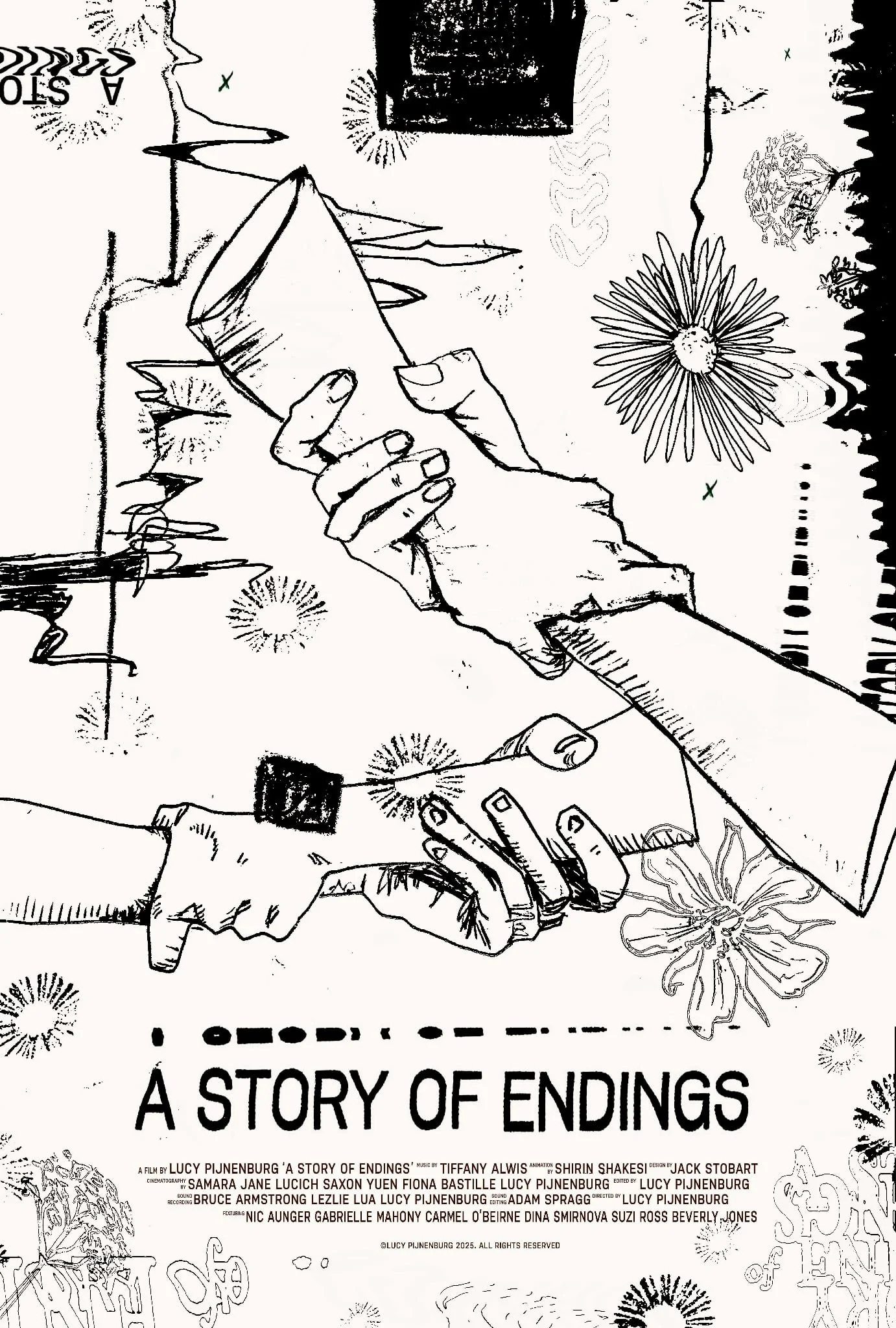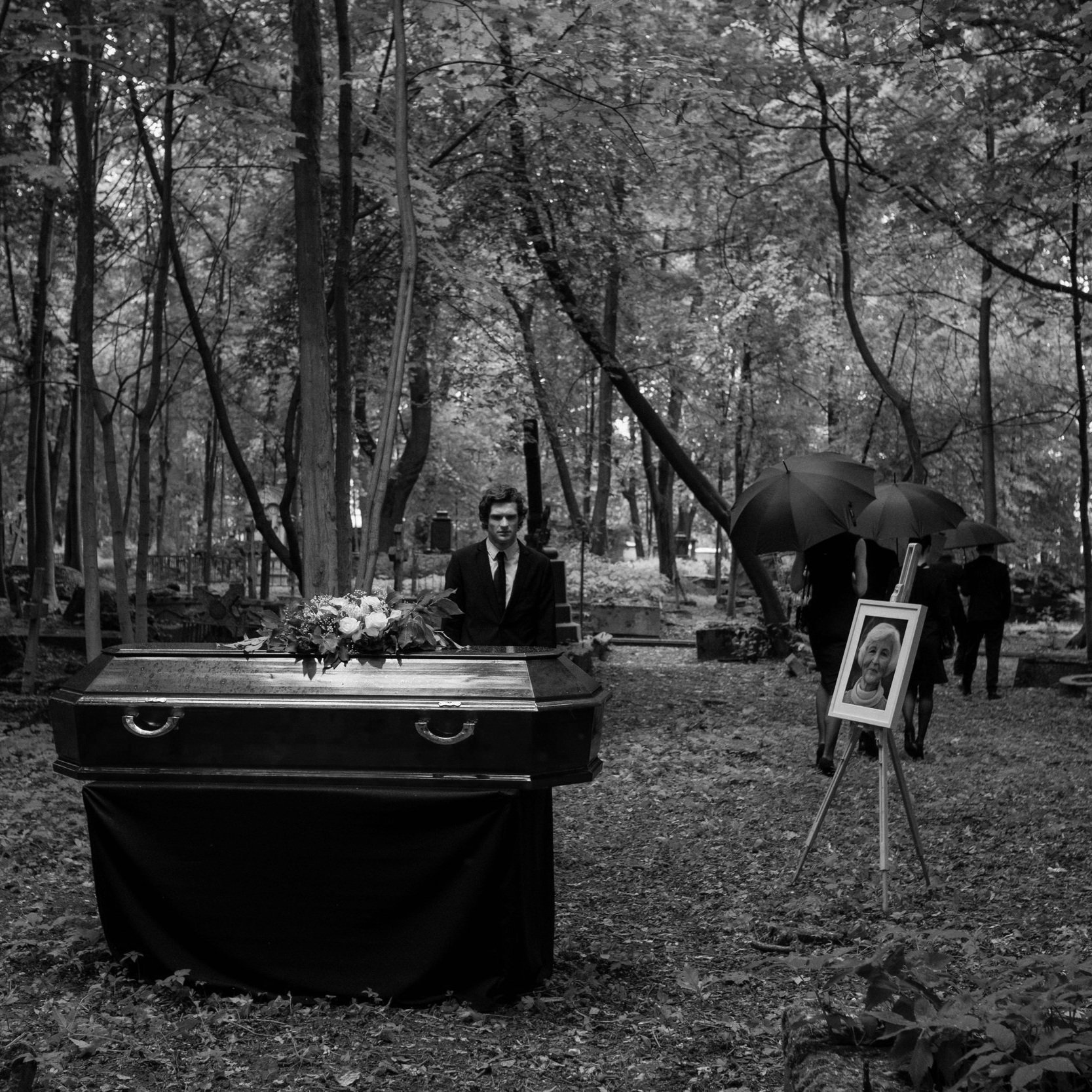What is a Death Café?
In a world where conversations about death often evoke discomfort and unease, the concept of a "Death Café" emerges as a remarkable and unconventional initiative aimed at fostering open and candid discussions about mortality. While the term might initially conjure images of a sombre and macabre setting, a Death Café is, in fact, a welcoming and safe space for individuals to engage in conversations about life, death, and everything in between. This blog post will delve into the origins, purpose, structure, and significance of a Death Café, highlighting the vital role it plays in challenging societal taboos surrounding death and promoting a more profound understanding of our finite existence.
ORIGINS OF THE DEATH CAFÉ MOVEMENT
The Death Café movement was founded by Jon Underwood and Sue Barsky Reid in 2011. Inspired by the ideas of Swiss sociologist Bernard Crettaz, who organised "Café Mortel" events in Switzerland in the early 2000s, Underwood and Reid sought to create a space where individuals could discuss death openly and without judgment. Their inaugural Death Café took place in Jon Underwood's home in London, and it marked the beginning of a global phenomenon.
The founders envisioned Death Cafés as a response to the prevailing death-denying culture, where discussions about mortality were often relegated to medical or legal contexts. They aimed to provide an alternative, more compassionate setting where people from all walks of life could come together to share their thoughts, feelings, and experiences related to death.
DEATH CAFÉ PURPOSES & OBJECTIVES
Encouraging Open Conversations: One of the primary purposes of a Death Café is to break the silence surrounding death and dying. It offers a space where participants can discuss their thoughts, fears, and questions about mortality in an environment free from judgment and taboo. This open dialogue can help individuals gain a better understanding of their own perspectives on death and the diverse views held by others.
Promoting Death Literacy: Death Cafés aim to enhance what is often referred to as "death literacy." Just as health literacy helps individuals make informed decisions about their well-being, death literacy empowers people to make informed decisions about end-of-life matters, such as advance care planning, funeral preferences, and organ donation.
Fostering Emotional Resilience: Conversations about death can be emotionally challenging, but engaging in such discussions in a supportive setting like a Death Café can help participants build emotional resilience. It allows them to confront their fears and anxieties and develop coping strategies.
Building a Sense of Community: Death Cafes bring together people of different backgrounds, ages, and beliefs, fostering a sense of community and connection. Participants often find solace in realizing that they are not alone in their contemplations about mortality.
STRUCTURE
A Death Café is typically organized as an informal gathering, often in a café or community centre. Here's a breakdown of its structure:
Facilitator: A Death Café is usually led by a facilitator who guides the conversation and ensures that the space remains safe and inclusive. Facilitators are typically trained in creating a conducive atmosphere for discussions about death.
Participant-Led Conversations: Participants are encouraged to lead the discussions. There is no set agenda, and topics can range from personal experiences with death and grief to philosophical ponderings about the afterlife.
Ground Rules: While Death Cafés emphasize open dialogue, there are ground rules in place to maintain a respectful and safe environment. These rules may include active listening, maintaining confidentiality, and refraining from giving advice or imposing beliefs on others.
Refreshments: To create a relaxed and social atmosphere, refreshments such as tea, coffee, and cake are often served. These can help put participants at ease and encourage more informal conversations.
SIGNIFICANCE OF DEATH CAFÉS
The Death Café movement holds considerable significance in contemporary society for several reasons:
Breaking the Taboo: Death Cafés challenge the societal taboo surrounding death by creating a space where conversations about mortality are not only acceptable but encouraged. This helps to normaliSe discussions about a topic that is often avoided.
Improving End-of-Life Planning: By promoting death literacy, Death Cafés empower individuals to plan for their end-of-life care, thereby ensuring their preferences are respected and reducing the burden on their loved ones.
Alleviating Fear and Anxiety: Engaging in conversations about death can help individuals confront their fears and anxieties, ultimately leading to a more peaceful and accepting attitude toward their own mortality.
Fostering Compassion & Connection: Death Cafés encourage empathy and compassion, as participants listen to each other's stories and experiences. This can lead to a greater sense of understanding and connectedness within communities.
Encouraging Reflection: Reflecting on mortality can prompt individuals to reevaluate their priorities and make the most of the time they have. This can lead to personal growth and a deeper appreciation for life.
CONCLUSION
While Death Cafés have gained widespread recognition and acceptance, they are not without challenges and criticisms. Conversations about death can be emotionally intense and challenging for some participants, so ensuring that the space remains supportive and respectful is essential. Some traditions and cultures may be less open to discussing death which can pose a challenge in a group environment. At the end of the day, it is up to the participant to be the judge of whether they are in a space to talk about death in group setting like a Death Café, or whether individual support may first be required to process emotions, experiences or trauma associated with loss and death. In my experience, as long as people are willing and open to share or listen, then they receive a great benefit in their participation.
Death Cafés offer a unique and much-needed space for individuals to come together, share their thoughts and experiences, and challenge the societal taboos surrounding death. By promoting death literacy, fostering compassion, and encouraging open dialogue, Death Cafés play a vital role in helping people navigate the complex and profound aspects of life's inevitable end. In the face of death, they remind us that our shared humanity transcends cultural, religious, and societal boundaries, and that embracing our mortality can lead to a deeper appreciation of the life we have. So, why not brew a cup of tea and join the conversation at your local Death Café?



